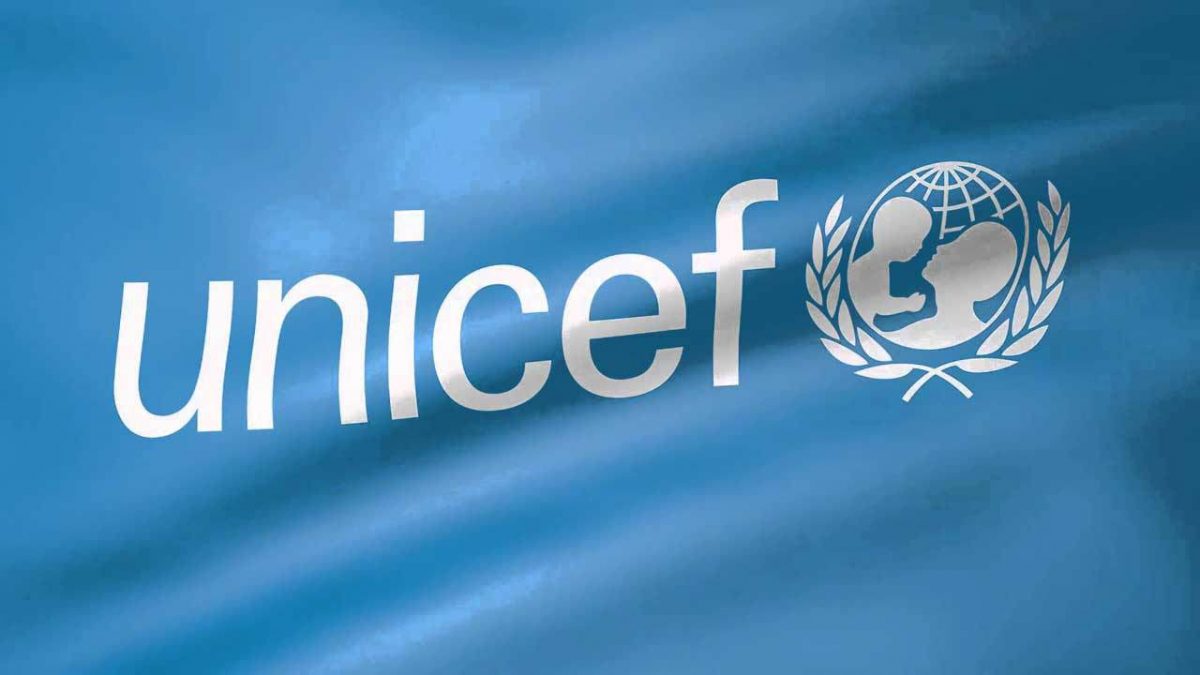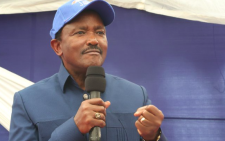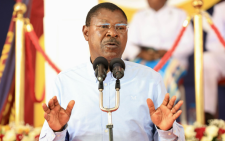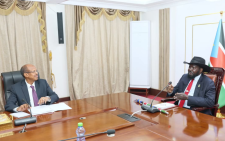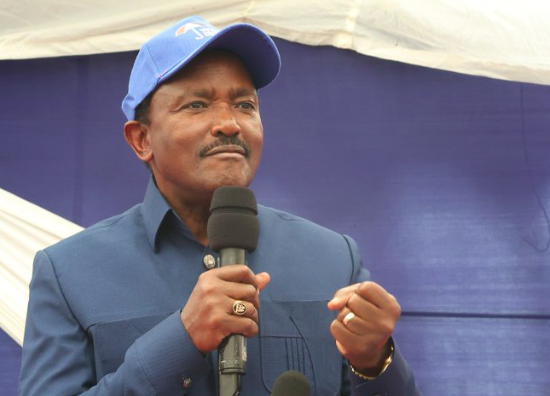Factors connive to slow down polio eradication fight
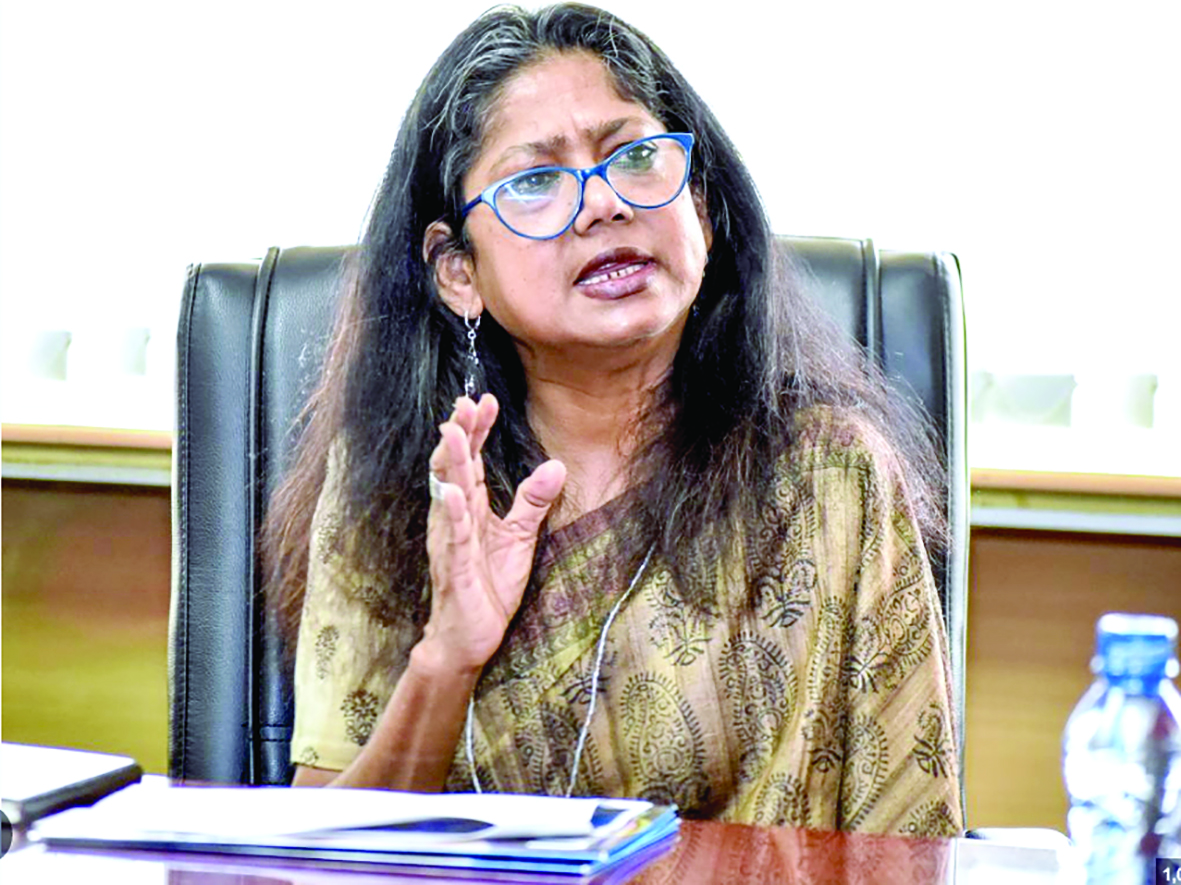
Despite significant efforts in polio vaccination campaigns, Kenya has yet to eradicate polio, with multiple factors contributing to the persistence of the disease.
This was revealed by UNICEF Kenya Representative Shaheen Nilofer during the observance of World Polio Day. According to her, though the country has made considerable progress over the years, challenges persist that continue to delay eradication efforts.
“We have made great strides in Kenya towards eradicating polio, but we must do more. We must reach the last one per cent. No one is safe unless everyone is safe. We have a plan to address the threat of polio, and the plan is simple and safe: We must vaccinate all children against polio,” said Nilofer.
According to her, one of the contributing factors is the Covid-19 pandemic. The COVID-19 pandemic has had a profound impact on health services worldwide, and Kenya is no exception. Routine vaccination services were severely disrupted, resulting in a backlog of immunizations for children.
As the health system gradually recovers, the lingering effects of these disruptions have allowed polio to resurface.
Another pressing challenge is climate change. The country has been grappling with cyclical droughts and flooding, leading to the displacement of families and the destruction of healthcare facilities.
These environmental changes not only hinder access to immunization services but also exacerbate the vulnerability of communities to disease outbreaks. Displaced populations are often in desperate need of healthcare.

